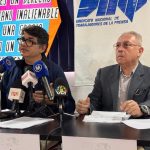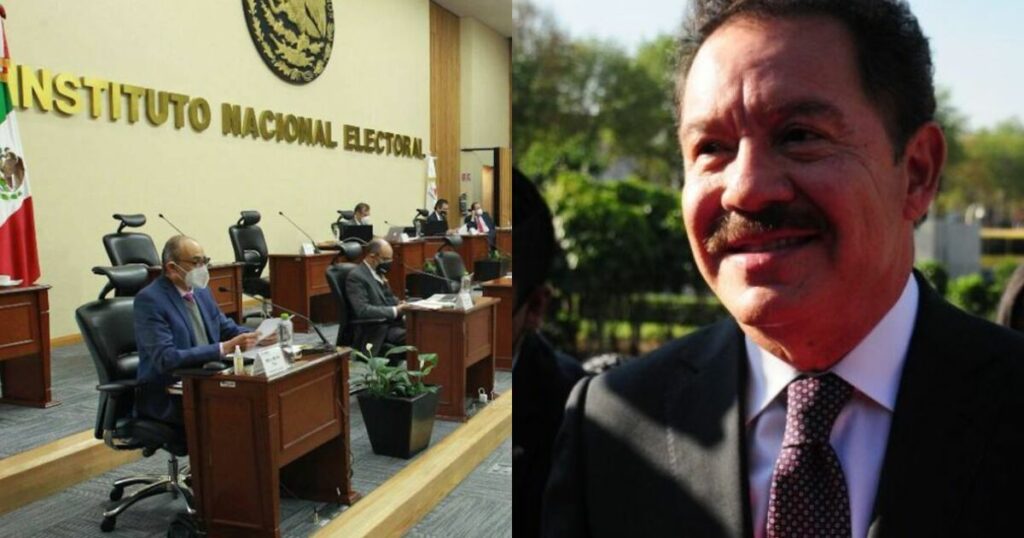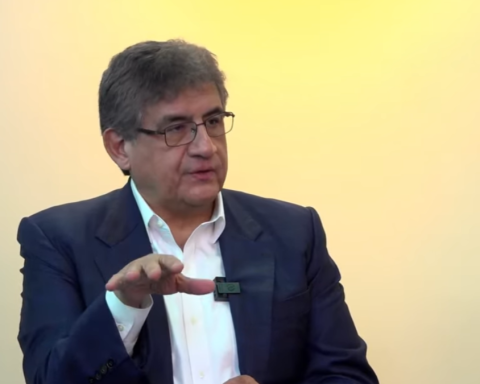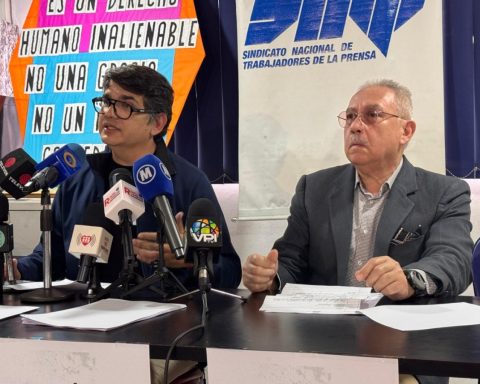The Minister of Finance and Public CreditIván Acosta, presented on Tuesday before the National Assembly the draft Law of the General Budget of the Republic for 2023, which foresees a surplus of 130.9 million dollars, that is, the amount of income exceeds the expenses projected by the country for the following year.
Acosta explained that the budget presents a projection of income of 3,046.8 million dollars and that of expenses, for 2,915.9 million dollars.
Related news: Ortega separates his militants who brought him to power because they “get in the way,” says Father Edwing Román
The regime of Daniel Ortega and Rosario Murillo will also reward the Nicaraguan Army and the National Police with 4,355.8 million córdobas (440.6 million more than this year) and 4,311 million (262.9 million more than the current year), respectively, according to the proposal. of General Budget of the Republic (PGR).
The foreign ministers of the 23 countries that make up the Community of Latin American and Caribbean States (CELAC) participated this Wednesday in the twenty-third meeting that takes place in Buenos Aires, Argentina, the country that holds the pro tempore presidency of the intergovernmental mechanism.
At the meeting, Argentine Foreign Minister Santiago Cafiero called for a debate on the climate crisis, development gaps, social gaps and the economic scenario.
The specialist in political and electoral issues and current political prisoner, José Antonio Peraza, completed this Wednesday, 15 months of being arbitrarily detained in the cells of the Directorate of Judicial Assistance (DAJ), known as “El Nuevo Chipote”, in Managua.
Karol Peraza, sister of the political scientist, told Article 66 that as a family they feel “overwhelmed and distressed” by the time in captivity that the inmate is going through, as well as the two months they have not been able to visit him.
He added that the opponent has lost teeth and his health continues to deteriorate; “His mood remains the same, in the sense that he knows that he is there for a purpose; and he is waiting for a dialogue, but his physical condition has deteriorated considerably because he has been ill ».
El Salvador, Nicaragua and Venezuela they are among the most extreme examples worldwide of governments with authoritarian tendencies that have deepened in the last year, exposed a report published this Wednesday by the non-governmental organization World Justice Project (WJP).
According to the annual WJP Rule of Law Index, which ranks 140 countries according to factors such as security and order, transparency or respect for human rights, these three Latin American governments have “worse considerably” compared to 2021 .
Related news: Losses in Nicaragua due to Hurricane Julia are set at more than 360 million dollars
Specifically, the document notes that the “consolidation of executive power and the erosion of human rights and freedoms” have contributed to the rise of authoritarianism in the three countries.
The administration of Daniel Ortega and Rosario Murillo will receive a disbursement 8.9 million dollars from the insurance company Caribbean Catastrophe Risk Insurance Facility (CCRIF) to address the damage caused by Hurricane Julia in Nicaragua.
In a reportdated October 18, the insurance company indicates that in order to “activate the policy against catastrophes”, the cyclone must affect countries with winds greater than 39 miles per hour, therefore the Nicaraguan government managed to be granted those funds, because Julia reached winds of up to 120 km.
The disbursement becomes effective 14 days after the impact of the natural catastrophe.

















